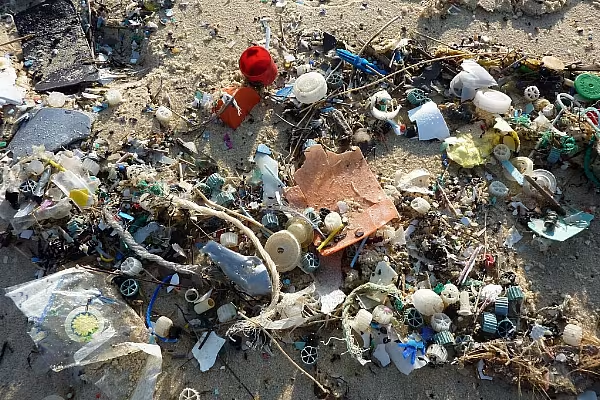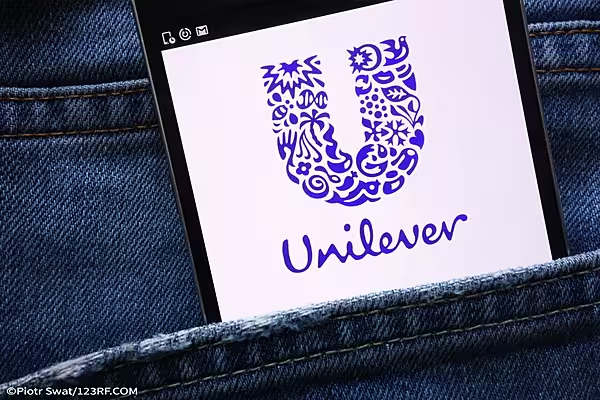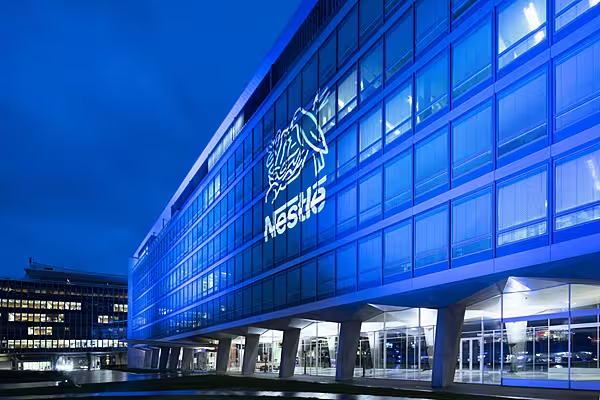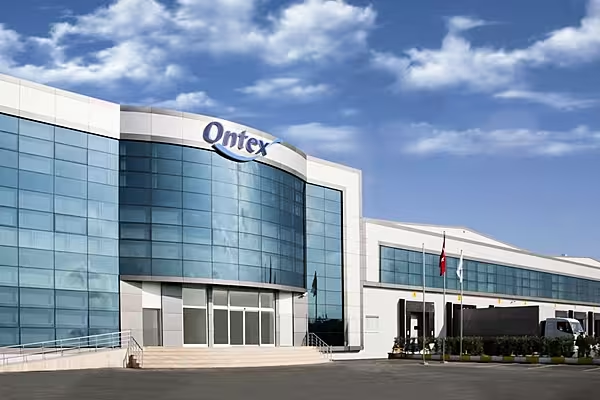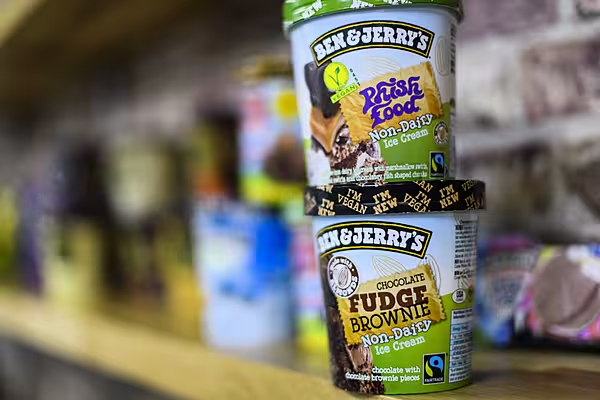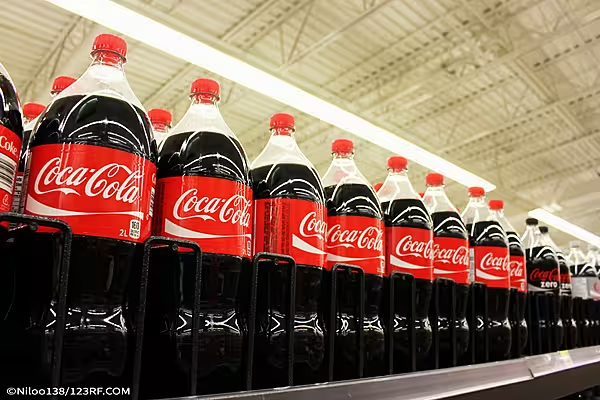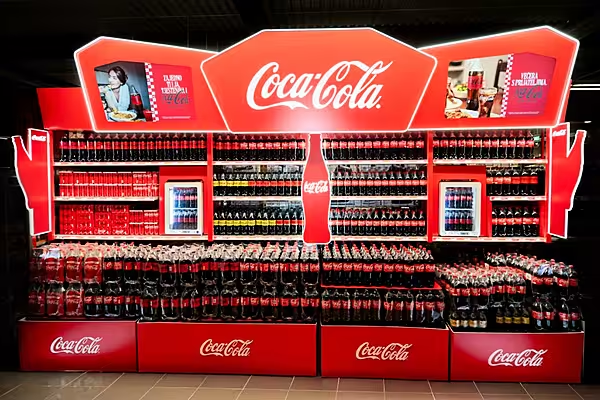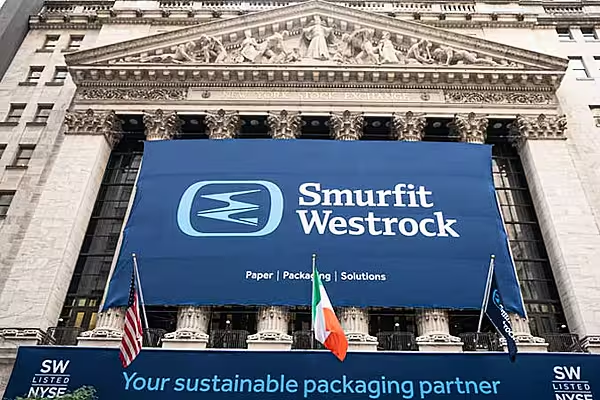Unilever has called for the consumer goods industry to step up its efforts to tackle the growing challenge of plastic waste in the oceans and to create a circular economy for plastics.
Unilever CEO Paul Polman welcomed the news that 10 more major companies have made commitments to work towards using 100% reusable, recyclable or compostable packaging by 2025 or sooner.
“It is welcome news that many other major companies are making their own commitments to address ocean plastic waste,” Polman said. “Yet as a consumer goods industry, we need to go much further, much faster, in addressing the challenge of single use plastics, by leading a transition away from the linear take-make-dispose model of consumption, to one which is truly circular by design.”
The list, which was announced by the Ellen MacArthur Foundation (EMF) at the World Economic Forum in Davos, included Amcor, Ecover, Evian, L’Oréal, Mars, M&S, PepsiCo, The Coca-Cola Company, Walmart, and Werner & Mertz, which together with Unilever represent more than six million tonnes of plastic packaging per year.
Unilever also pledged to source one quarter (25%) of its resin from post-consumer recycled content by 2025, and publish its full plastics palette before 2020.
Truckloads Of Waste
The equivalent of one dumper truck’s worth of plastic enters the oceans every minute, according to research by the EMF. By 2050, it forecasts there could be more plastic in the ocean by weight than fish. Currently, only 14% of plastic packaging gets collected for recycling.
Unilever has outlined four key actions that the industry should take to create the systemic change required to accelerate the transition to a circular economy.
Firstly, companies need to invest in innovation towards new delivery models that promote reuse, it said.
Secondly, companies need to commit to the same standards of these 11 companies and set stretching targets for using post-consumer recycled content, according to Unilever.
The company also vouched for a ‘Global Plastics Protocol’, which would set common agreed definitions and industry standards on what kind of materials are put into the marketplace infrastructure, to ensure that the packaging is compatible with existing and cost-effective recycling infrastructures.
Finally, the company urged others to engage with governments on policy and highlight the need for an improved waste management infrastructure. This would include the implementation of so-called ‘Extended Producer Responsibility’ schemes by the OECD, which give significant responsibility to producers for the treatment and disposal of their products.
Critical Juncture
“Addressing the issue of ocean plastic is a shared responsibility – all stakeholders in the value chain must work together in partnership to find effective solutions,” Polman said. “However, there is no doubt that the response from the consumer goods industry will be amongst the most critical in determining the speed at which positive change takes place. We are at a critical juncture.”
Since 2010, Unilever has decreased its waste associated with the disposal of its products by 28%, while reducing the weight of its packaging by 15%, the company said. It also stopped sending non-hazardous waste to landfill from its manufacturing sites in 2015.
Last year, Unilever announced it was making good progress on finding a technical solution to recycling multi-layered sachets through its Creasolv technology. It said that it intends to make this technology open source with the hopes of scaling it with industry partners so others, including its competitors, can use it.
Last week, the European Commission launched its first ever Europe-wide strategy on plastics, with an aim to ensure all packaging in the EU market be reusable or recyclable by 2030.
© 2018 European Supermarket Magazine – your source for the latest retail news. Article by Kevin Duggan. Click subscribe to sign up to ESM: The European Supermarket Magazine.
